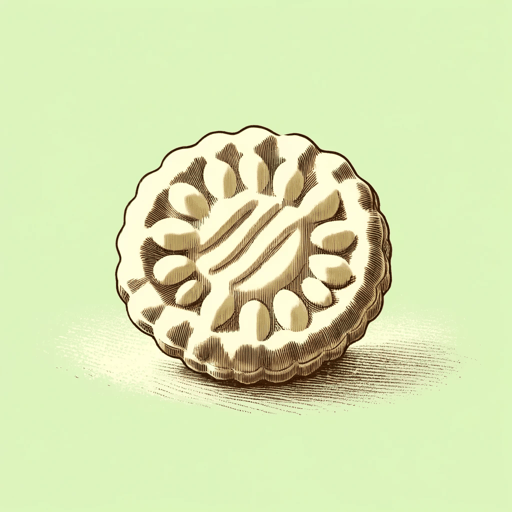18 pages • 36 minutes read
Naomi Shihab NyeGate A-4
Fiction | Poem | Adult | Published in 2008A modern alternative to SparkNotes and CliffsNotes, SuperSummary offers high-quality Study Guides with detailed chapter summaries and analysis of major themes, characters, and more.
Summary and Study Guide
Overview
Written by noted American poet Naomi Shihab Nye, “Gate A4” is a narrative prose poem that eschews formal metrical conventions. “Gate A4” recounts an experience the speaker underwent at Albuquerque International Airport in New Mexico which affirmed her hope in humanity. Though the poem’s tone is conversational and its diction plainspoken, “Gate A4” explores deeply philosophical questions about the necessity of ordinary kindness in a divided, suspicion-riddled world. The poem is meant to be read aloud and preserves the cadences of every-day speech, a quality which adds to its poetic elements despite the prose-like structure. First published in 2008, the poem has a strong, uplifting message. It also marks Nye’s constant evolution towards a more straightforward diction and simple, but symbol-laden language.
Poet Biography
Naomi Shihab Nye (b. 1952) has a prolific poetic career spanning over 40 years. Born to a Palestinian journalist father and an American mother, Nye grew up in St. Louis, Jerusalem, and San Antonio. Nye received her BA from Trinity University in San Antonio, Texas and continues to live in the Texan city. A poet who writes both for children and adults, Nye frequently draws on her experience of cultural diversity and her Palestinian-American heritage. Her witty, compassionate voice, musical diction, and deeply optimistic worldview have won Nye several awards, including Pushcart Prizes and, in 2018, the Lon Tinkle Award for Lifetime Achievement from the Texas Institute of Letters. Nye was also the Poetry Foundation's Young People's Poet Laureate from 2019 to 2021.
A self-professed “wandering poet,” Nye has travelled all over the world teaching writing workshops. Nye’s own lived cultural diversity lies not only in her dual Palestinian-American heritage, but also the multiculturalism of her home state of Texas. Even while drawing on particular cultural experiences, Nye’s work emphasizes the shared experience of humanity. Her work always engages with the realities of the world, yet seldom lapses into cynicism.
Nye is the author of books of poetry for adults and children including Different Ways to Pray (1980), Hugging the Jukebox (1982), The Red Suitcase (1994), Fuel (1998), 19 Varieties of Gazelle: Poems of the Middle East (2002),Transfer (2011), Voices in the Air: Poems for Listeners (2018), and The Tiny Journalist (2019). Since the beginning of her poetic career, Nye’s poems have explored the conflict in Palestine and the realities of racial profiling. However, since the World Trade Center attacks of 2001, Nye has turned her focus more strongly on the need for cultural understanding and the need to demolish stereotypes around people of Middle-Eastern origin.
Along with her poems for adults and children, Nye has also authored short stories for children and critical essays. Nye is a Professor of Creative Writing at Texas State University.
Poem Text
Nye, Naomi Shihab. “Gate A-4”. 2008. Academy of American Poets.
Summary
In a first-person voice, the speaker narrates an experience she had while awaiting her delayed flight at Albuquerque International Airport in New Mexico. As she wanders around the airport, she hears an announcement calling for someone who understands Arabic at Gate A4. Of Palestinian descent, the speaker does understand Arabic, but she hesitates for a moment, since “these days” (Line 5) Arabic-speaking people are regarded with suspicion. The speaker heads to Gate A4 – which is her own departure terminal – and finds an older woman dressed in traditional Palestinian clothes crying on the floor.
The flight agent tells the speaker the woman reacted in this way as soon as they told her the flight was delayed. The speaker puts an arm around the woman and talks soothingly to her in halting Arabic, addressing her as “Habibti” (Line 11), which means “my dear.” The woman stops crying as soon as she hears the familiar language. It turns out the woman had assumed the flight had been cancelled altogether and that she would miss an urgent medical appointment in El Paso the next day. The speaker reassures the woman, explaining that she will be soon be in El Paso. She offers to call the woman’s son, who lives in El Paso.
They call the woman’s son in El Paso, and then “just/ for the fun of it” (Lines 19-20), they call her other sons. The speaker calls her own Palestinian father, with whom the woman talks in Arabic and discovers they have ten friends in common. The women then call and talk to a few Palestinian poets the speaker knows. The conversations take up a couple of hours. By now, the older woman has become warm and talkative. She brings out mamool, which are traditional powdered sugar cookies filled with dates and nuts, and shares them with the other women at the gate. The speaker notices a potted plant poking of the woman’s purse and delights in the old-world tradition of always carrying an object rooted to someplace. To the speaker’s surprise, no one at the gate refuses the mamool cookies. The airline even offers apple juice to the passengers, which two little girls pass around. The sharing of the cookies and juice transforms the mundane atmosphere at Gate A4.
The speaker is filled with a sense of hope at the scene of camaraderie and warmth. Not one person at the gate seems apprehensive of another person. If “this can still happen anywhere” (Line 44), the speaker says, “not everything is lost” (Line 44). The world may yet be a beautiful place.
Related Titles
By Naomi Shihab Nye
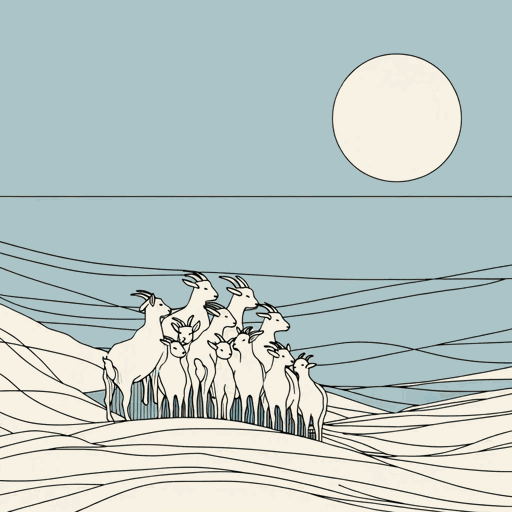
300 Goats
Naomi Shihab Nye

Alphabet
Naomi Shihab Nye

Blood
Naomi Shihab Nye

Burning the Old Year
Naomi Shihab Nye

Different Ways to Pray
Naomi Shihab Nye

Famous
Naomi Shihab Nye

Jerusalem
Naomi Shihab Nye

Kindness
Naomi Shihab Nye
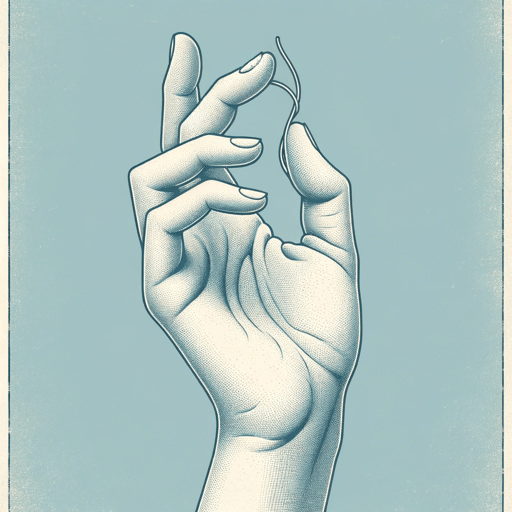
Making a Fist
Naomi Shihab Nye

Morning Song
Naomi Shihab Nye

My Uncle’s Favorite Coffee Shop
Naomi Shihab Nye
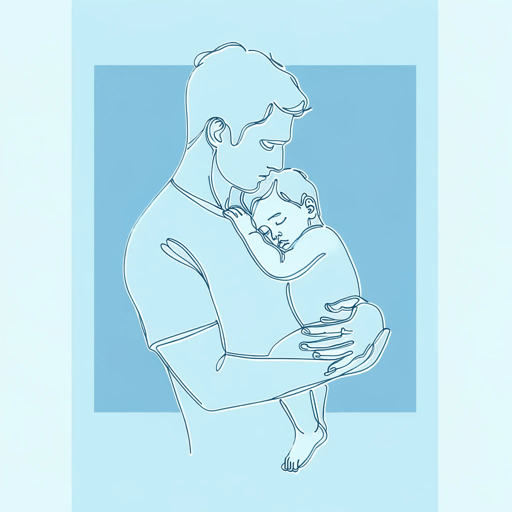
Shoulders
Naomi Shihab Nye

The Art of Disappearing
Naomi Shihab Nye

The Rider
Naomi Shihab Nye

The Turtle of Oman
Naomi Shihab Nye
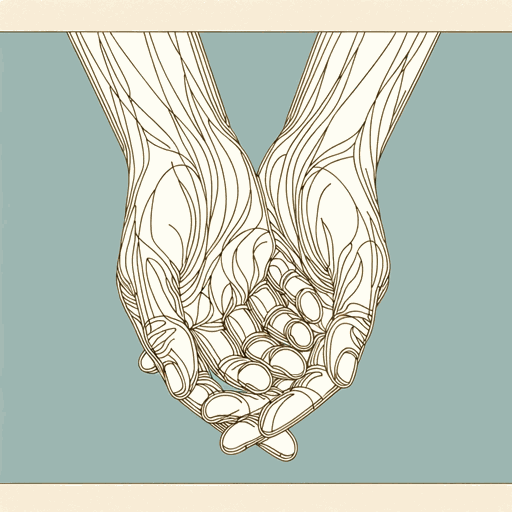
The Words Under the Words
Naomi Shihab Nye

Valentine for Ernest Mann
Naomi Shihab Nye
